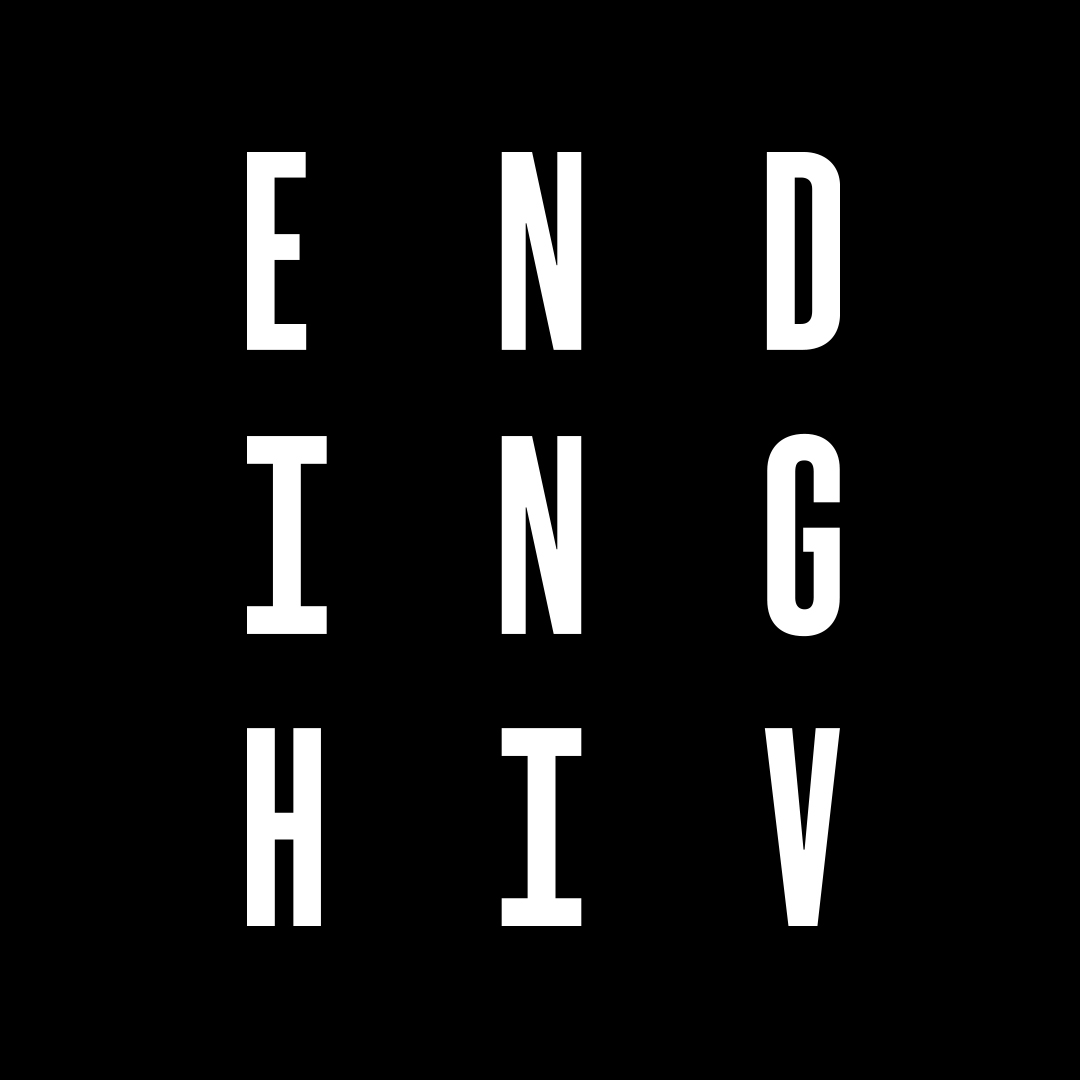HIV testing and confidentiality
Have you ever worried about someone finding out about you getting tested for HIV and STIs?
While some of us are relatively open about our sexuality and sexual partners, others are more discreet about these details. So it makes sense that some guys are equally hesitant to test, as they’re afraid they’ll need to reveal information about the type of sex they’re having.
Whatever the case is for you, learning how confidentiality protects your privacy when you go to get an HIV test is an essential step on the way to deciding to get a test.
What does confidentiality mean when I test?
Confidentiality can be considered a set of rules to limit the access to information discussed between a medical professional and a patient.
When a medical professional, like a doctor, collects information about your health and personal life, they must keep it private. In general, confidentiality limits sharing information about any health concerns you may have only to people directly involved in your care.
Those who breach these privacy practices face serious fines and consequences, so you should feel reassured that information about your sexuality, types of sex or other practices you participate in will be kept private.
The only exception to this is if the health professional delivering your care has serious concerns about you or someone else’s safety. For example, they may need to break confidentiality if someone is at risk of seriously harming themselves or somebody else or if they suspect a young person is being subjected to physical, emotional or sexual abuse.
Who has access to your HIV testing results?
In NSW, only health professionals looking after your care can access your testing results. That could be your GP, a doctor or nurse at your sexual health clinic, and the pathologist who performs the testing. These health professionals are bound by confidentiality.
Some countries are known to share health information, including HIV testing results, between government agencies. This can lead to severe consequences for individuals’ personal lives, employment, and ability to travel and live overseas. However, this type of information sharing is not in practice in Australia.
In NSW, when a person tests positive, a notification of a new HIV diagnosis is reported to NSW Health for surveillance. However, this data is deidentified and is not connected to the person’s other details.
This data helps the health authorities monitor our local epidemic and make sure we can understand where new HIV infections are happening and prevent as many new transmissions as possible. It’s important to note that this information cannot be traced back to the individual and is not shared with government agencies involved with migration.
If you are still concerned about your privacy, it may be possible to test under a pseudonym at a sexual health clinic – though it’s vital that you remember the name used and give your correct contact information (Email/Phone Number), as the clinic may get in touch to follow up on testing results.
Testing for those who are concerned about being recognised at services
For those who live in tight-knit communities, the risk of being recognised for entering a sexual health service can still be present.
To minimise this risk, you can call the sexual health clinic and ask if there is a discreet way to enter the clinic or if you can visit at a time that’s not busy.
Other people choose to test in an area outside of where they live to avoid being recognised by family or friends or other community members who might recognise them. For some people who commute to work in the city or have the ability to travel, this can work well – for others, it can make it more difficult to get tested.
When deciding, consider whether the GP or service can provide any follow-up on testing results via a remote means. Some sexual health clinics may text you to let you know your results are all negative; some might say, “no news is good news”, and others may follow up through a phone call. Some GPs also offer telehealth for follow-up appointments, which is usually sufficient to find your testing results. In the case of a positive result, sexual health clinics will contact you or ask you to call them to discuss the result and follow-up treatment. This is also confidential.
Another strategy to avoid being spotted is to order a free HIV self-testing kit to an address of your choice, which you can do in a private space such as your room or in the car. The self-testing kit packaging is discreet, and the only way to tell what it is should be by opening the parcel – so you can say it’s online shopping if anyone asks.
If you still have privacy concerns, you might like to speak with a sexual health nurse who can answer any lingering questions by calling the NSW Sexual Health Infolink on 1800 451 624.
Do you think you might like to get tested? Find out all the free ways you can test here. Whether you’ve decided to book a test today or need more time to consider it, we wish you a safe and happy testing experience in the future.
